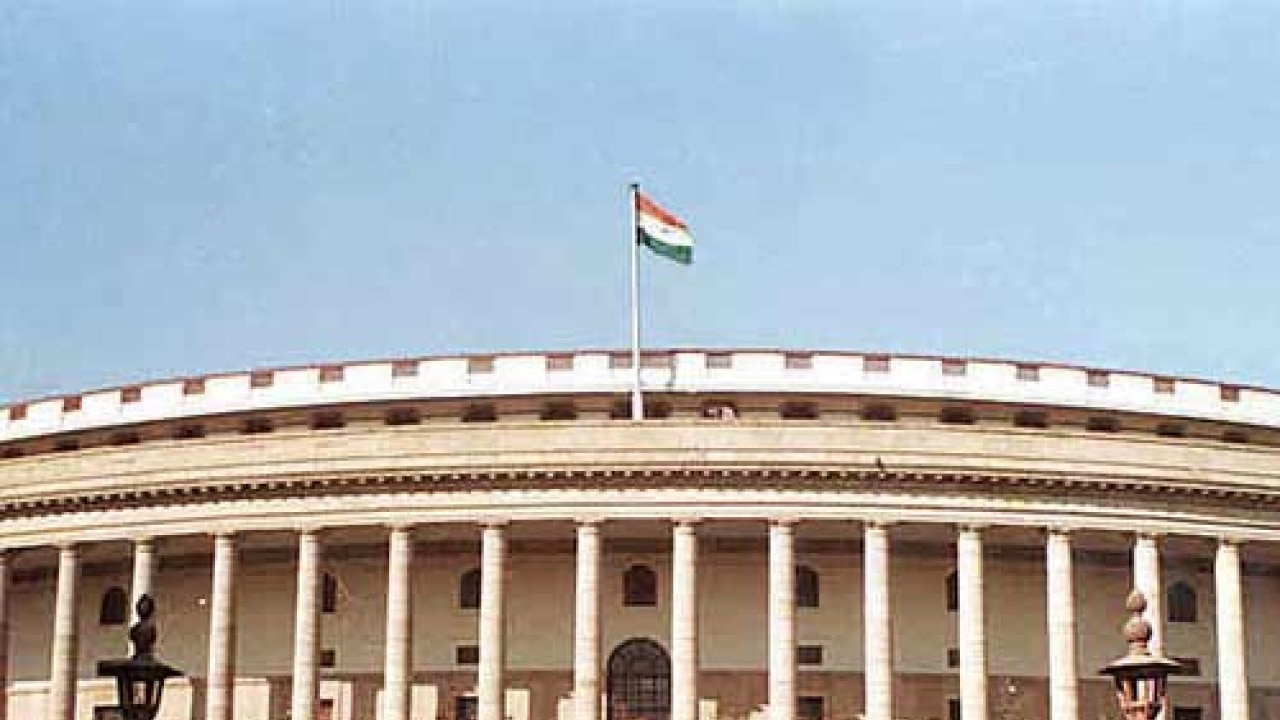
The government’s sense of urgency to pass the GST (Goods and Services Tax) Bill in the winter session was reflected in Prime Minister Narendra Modi’s conciliatory gesture in inviting Congress leaders Sonia Gandhi and Manmohan Singh to a discussion over tea. Coming on the back of an atmosphere of bitter political strife between the ruling party and the opposition, Friday’s meeting signified a temporary suspension of mutual tension. It, however, remains to be seen how long the new mood of rapprochement would endure. Hours before he met the Congress leaders, Modi addressed the Lok Sabha and said that the “Constitution was the only holy book” for his government. He also emphasised that a democracy functions on the bedrock of consensus and not majority rule of numbers.
More than a year into his prime ministership, Narendra Modi has been blamed for remaining inaccessible to the opposition and being indifferent to their concerns. The BJP’s recent electoral debacle however seems to have catalysed a re-think in the ruling party. Besides, having put a lot in store by the GST as one of the centrepieces of its governance agenda, the BJP needs to break the protracted stalemate with the opposition on this issue.
The fact is that the GST Bill has been hanging fire for far too long. The previous NDA government set the ball rolling in 2000, and the first UPA government proposed a timeline to implement GST by April 2010. The Modi government, frustrated in its efforts to amend the Land Acquisition Act, and humbled in the Bihar polls, has turned to this GST Bill to bolster its flagging reformist credentials. Most countries have GST in place, but India, because of federal and socialist compulsions, has a chaotic indirect tax regime, where multiple central and state taxes with their cascading impact impose huge tax burdens on consumers. It is argued that by eliminating multiplicity of taxes, GST would hurt consumers less than the present indirect tax regime.
The Congress has laid down three non-negotiable conditions for passing GST: having a constitutional cap of 18 per cent tax burden for consumers, that is not to be exceeded, withdrawing the one per cent additional levy on inter-state transfer of goods, and instituting a Disputes Settlement Authority. These demands could be perceived both as legitimate as well as part of delaying political tactics to frustrate the BJP’s agenda. Remember that a constitutional cap was not present in the Congress version of GST. Besides, the power to tax luxury goods at higher rates must remain with governments, without requiring Constitutional amendment. The Congress is right in demanding the scrapping of one per cent additional levy on inter-state transfer of goods which will lead to higher taxation, companies having to continue with the maintaining of inefficient warehouses in each state to avoid taxes on inter-state transfer. Given that a GST Council of state finance ministers already exists, the demand for another judicial disputes settlement authority could only delay decision-making.
Though the states stand to lose revenue because of GST’s taxation structure, the new policy will widen the tax base by offering tax credits down the length of the entire supply chain, besides discouraging manufacturers, suppliers and retailers from dodging taxes. However, given that the new system will take time to scale up, the government’s benefits in increasing its short-term revenues will be limited.
Though no breakthrough was achieved at the Sonia-Modi meeting, the willingness of the two major political parties to talk to each other is a positive sign. It raises the possibility that the Congress might at least seriously begin the process of negotiating the clauses of the bill with the government, instead of obstructing it simply to embarrass the Modi government. Narendra Modi should not reduce his rare effort to engage with his political adversaries to just a one-time affair. The Prime Minister must apply himself more diligently to the processes of building consensus that are essential to a democratic functioning of his government and its policymaking. That is what the Prime Minister said in Parliament, and he now must make good his assurance.